Your Support Can Help Us Solve Ageing
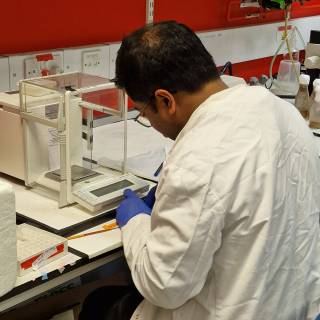
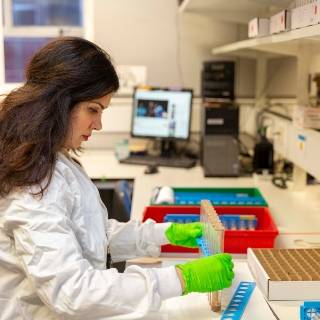
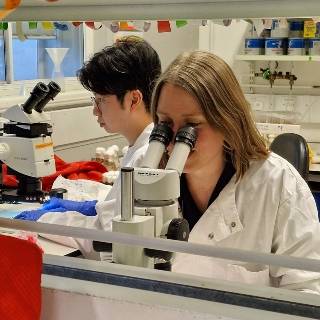
What We Do
The Institute of Healthy Ageing is a unique organization in the UK, as we focus on understanding the fundamental cellular mechanisms that drive ageing, and their connection to late-life frailty and disease.
As a result of advances in sanitation and medicine, the human population is living longer than ever before, and many individuals are now able to see their great-grandchildren. However, with an increase in lifespan comes an increase in the likelihood of experiencing age-associated diseases. These diseases, such as cancer, cardiovascular disease, dementia, and Parkinson's, are some of the most prevalent and can have a significant impact on an individual's quality of life in their later years.
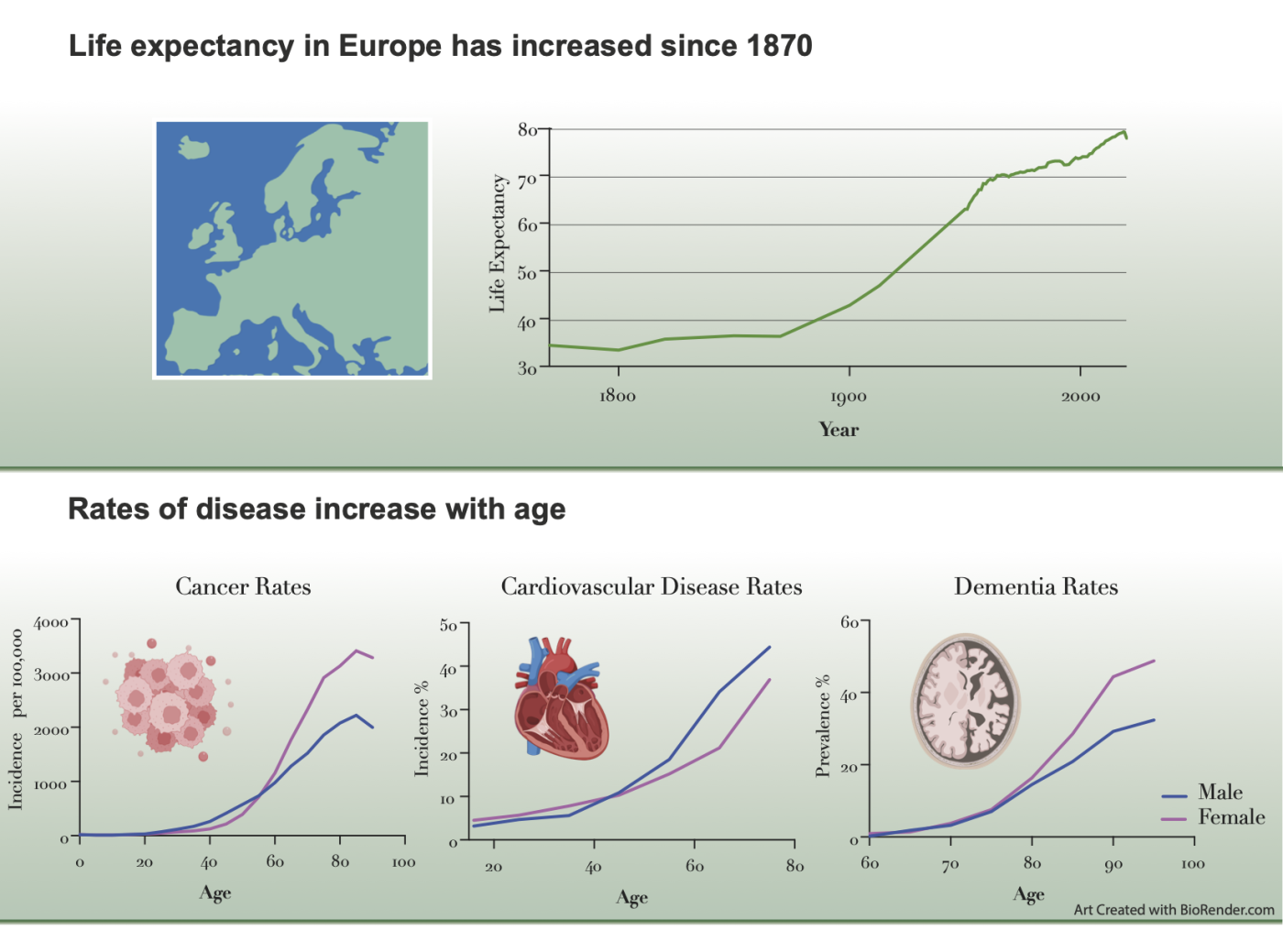
To achieve this goal, we use model organisms such as yeast, flies, worms, and fish. By studying these organisms, we hope to identify cures that will slow down the ageing process, delay the onset of old age frailty, and prevent age-related diseases. Our ultimate aim is to improve the quality of life for all individuals as they age.
Hear From Our Principal Researchers
Prof David Gems is our research director, hear him describe his research into understanding the ageing process using the nematode worm C. elegans
Hear From Our Students
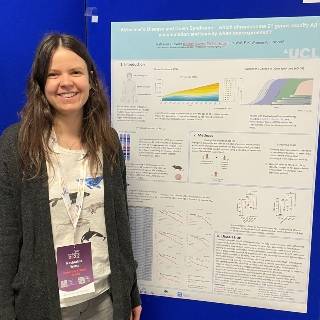
Kat is one of our PhD students, her work is funded by the Nc3R. Kat is looking into genes linked to Down Syndrome. Here she explains her research project.
Genes determine our physical and biological traits, and abnormalities can occur when there is an extra or missing portion of a chromosome. Down Syndrome is the most common chromosomal abnormality, with individuals carrying an extra copy of chromosome 21 which leads to some altered development, physical features, and intellectual disability. They are also at increased risk of developing early onset Alzheimer’s disease, with Alzheimer’s disease being the leading cause of death in people with Down Syndrome over the age of 35.
To understand the mechanisms through which this happens and develop treatments, we are using model organisms like fruit flies. Fruit flies have a well-defined brain with similar cells to a human brain, and carry comparable copies to 75% of genes that have been implicated in human diseases. We are using a fly model of Alzheimer’s disease that accumulates the protein that causes Alzheimer’s in the brain. By increasing in turn the levels of each gene that has an additional copy in people with Down Syndrome, we can assess whether having more of that particular gene worsens Alzheimer’s disease. The speed of fly experiments and low cost allows for the study of a large number of genes, we then collaborate with other labs to validate our findings in human brain samples.
Understanding which genes may be causal in the development and progression of Alzheimer’s disease in people with Down Syndrome will allow for the development of treatments that could one day provide a cure for dementia for both people who carry an extra copy of chromosome 21 and others who are diagnosed with Alzheimer’s disease.
 Close
Close


